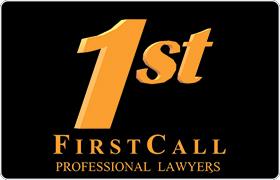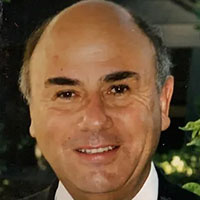San Marino Criminal Lawyer, California
Sponsored Law Firm
-
 x
x

Click For More Info:
-
First Call Legal Services Corporation
530 Hacienda Dr Unit 101B Vista, CA 92081» view mapCriminal Defense Effective. Versatile. Decisive.
Our vision is to build strong, trust-based client relationships from our first handshake. Every challenge is an opportunity. You need the RIGHT PEOPLE for the job you want done.
760-690-3999
Richard Elia Nahigian
✓ VERIFIEDCriminal
Defense attorney Richard Nahigian is the founder and managing attorney of the Law Offices of Richard Nahigian, based in Pasadena, California. Richar... (more)
Ani Akopyan
Age Discrimination, Americans with Disabilities Act , Criminal, Class Action
Status: In Good Standing
FREE CONSULTATION
CONTACTFREE CONSULTATION
CONTACTFREE CONSULTATION
CONTACTJanet Contero
Criminal, Immigration, Accident & Injury, Business
Status: In Good Standing Licensed: 14 Years
FREE CONSULTATION
CONTACTSina Mohajer-Jasbi
Immigration, Divorce & Family Law, Criminal, Accident & Injury
Status: In Good Standing Licensed: 13 Years
FREE CONSULTATION
CONTACTFREE CONSULTATION
CONTACT First Call Legal Services Vista, CA
First Call Legal Services Vista, CA Practice AreasExpertise
Practice AreasExpertise

